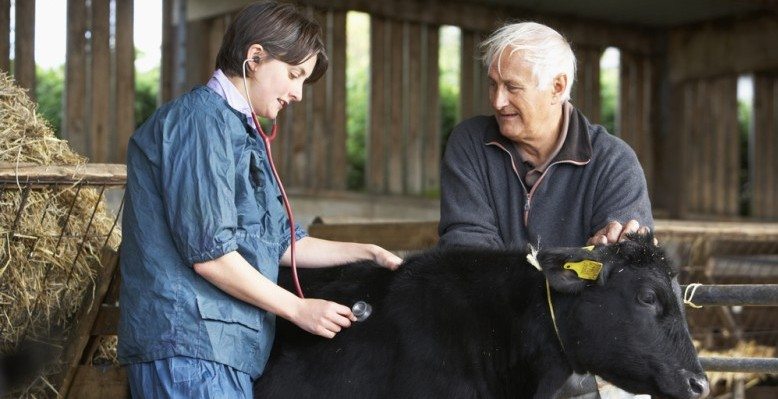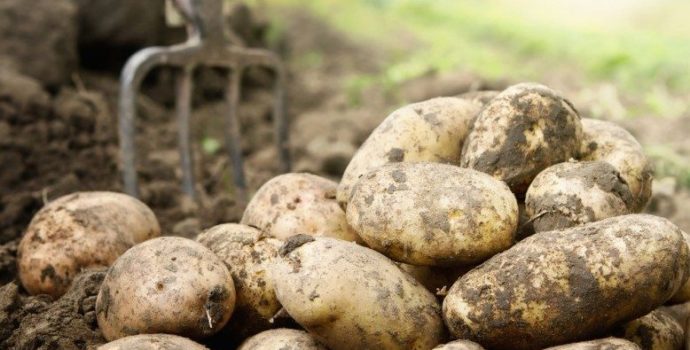Relaxation to Brucellosis Testing Controls for Suckler Farmers Worth €2.4m Annually – IFA

IFA Animal Health Project Team Chairman John Waters has welcomed the decision by the Department of Agriculture to remove 50% of suckler herds from the annual brucellosis-testing requirement in 2011, a move that is worth €2.4m in direct savings for suckler farmers.
The IFA chairman said, “farmers have invested heavily in the fight to eradicate brucellosis over the years and are now starting to see real benefits of Brucellosis-free status with the relaxation of controls and the cost savings as a result. With the removal of 50% of suckler herds from the annual blood test requirement the total in direct savings for farmers is €7.4m annually when the changes in 2009 and 2010 are included.”
Mr. Waters said it is over 4 years since there was a brucellosis case in Ireland and we must continue to remove the costs associated with this disease in a phased and appropriate manner.
Removing 50% of suckler herds from the annual blood test requirement aligns the controls and costs associated with testing charges for suckler farmers with those already being availed of by dairy farmers since the beginning of this year he said.
The IFA Animal Health Chairman said farmers are unable to avail of the full benefits of Brucellosis free status until the disease is eradicated in Northern Ireland and he called on the authorities in the North to make every effort to finally rid the island of the disease.
Mr. Waters said while there remains a threat from the situation in Northern Ireland, maintaining the pre-movement test, continuing with the milk ring test and the cull cow monitoring in factories combined with testing 50% of suckler and dairy herds exceeds the minimum requirements laid down by the commission to maintain our official brucellosis free status. Along with these controls farmers along the border continue to have their animals tested twice a year as a further precaution.
Mr. Waters said we must remain vigilant at all times to avoid reintroduction of the disease and he strongly advised farmers to only purchase animals from reputable sources.




